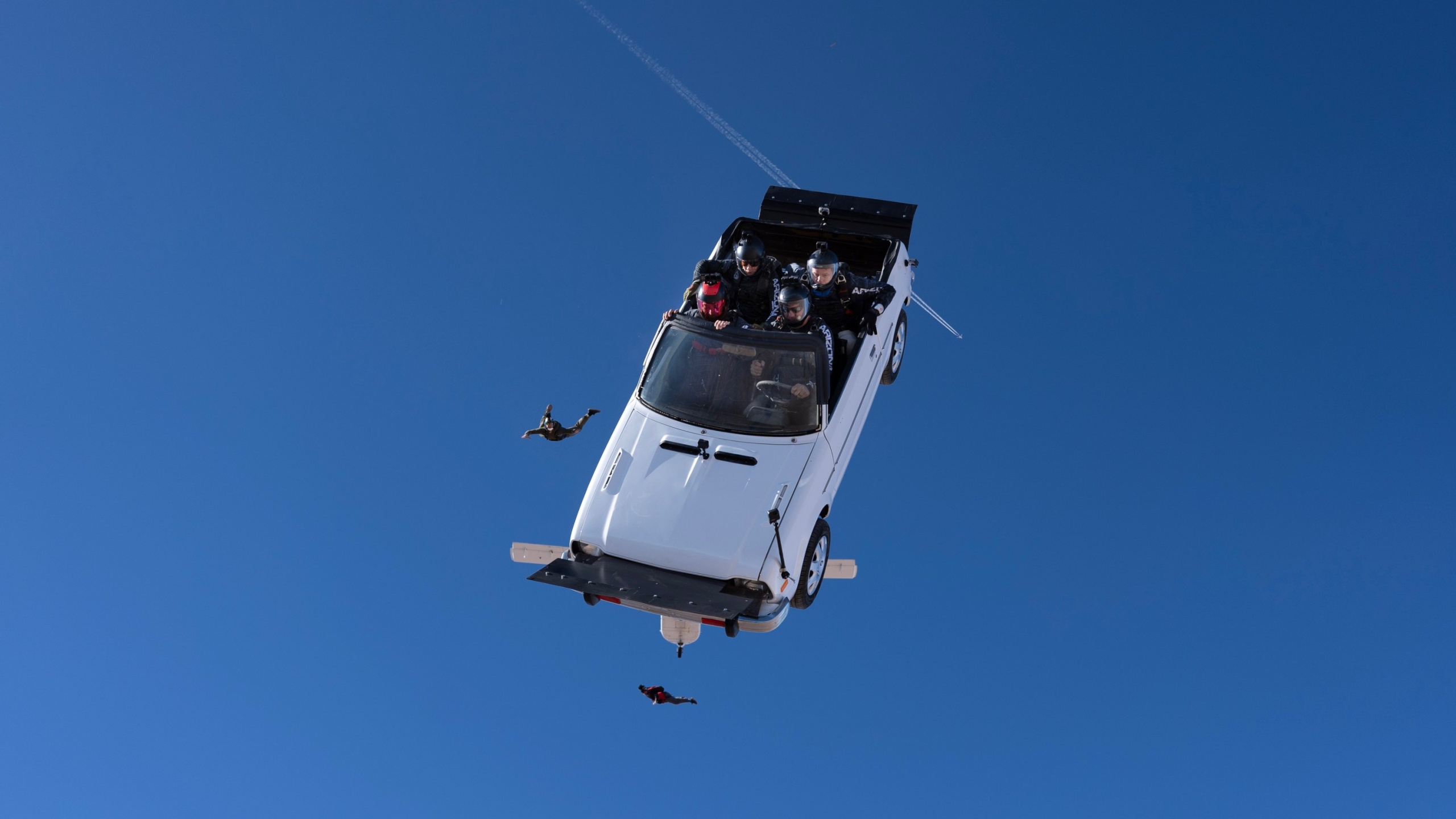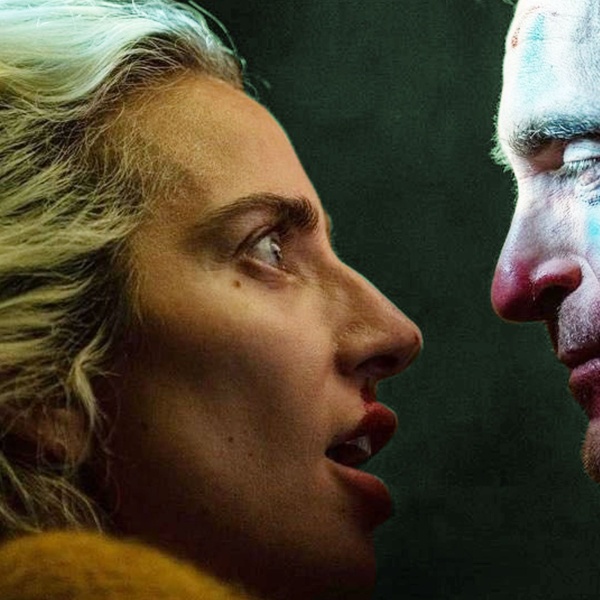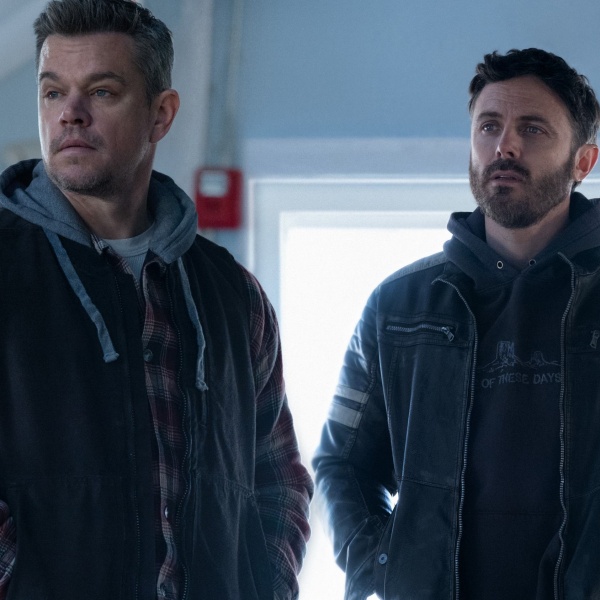
Even in the most carefully constructed documentaries, you can often tell when an important person is going to die. That sense of inevitable tragedy is telegraphed early in “Space Cowboy,” a stunning look at the life of skydiving legend and “freefall cinematographer” Joe Jennings, but here it builds to lasting and even life-affirming effect.
Jumping from an airplane is an open invitation for catastrophe, and the absence of Jennings’ longtime skysurfing partner Rob Harris from the film’s interviews turns out to mean exactly what you’d fear. And yet, co-directors Marah Strauch and Bryce Leavitt continuously defy expectations with a complex and thoughtful examination of one man’s soul-shattering grief. That loss — a capstone in a string of setbacks for Jennings — is told through the former X Games champion’s unique point of view and his singular commitment to a death-defying passion.
The filmmakers reveal plenty about Jennings, Harris, and their extraordinary friendship while simultaneously challenging audiences to reflect upon how they want to feel about their own lives (as opposed to what they want to do with them). The feats of physics achieved here are impressive from miles away, but “Space Cowboy” finds its resonant core by diving deep into Jennings’ hard-won battle for personal peace. The choices he made to build his remarkably resilient psyche weren’t easy, and although they may be less visually spectacular, they prove as vital as any ripcord.
Switching between a chronological telling of Jennings’ career and some gorgeous behind-the-scenes footage from an ambitious stunt shot specifically for the documentary, “Space Cowboy” finds a brilliant feature in a story some lesser documentarians might cut down to a short. For years, Jennings has tossed massive objects from planes and captured the performances of skydiving actors soaring around them. Think a full-sized living room, complete with a guy lounging on the couch, or a fleet of motorcycles and ATVs racing through the clouds.

Filmed in Elroy, Arizona, the documentary’s centerpiece involves Jennings and his production crew sending a car crashing down to Earth from more than 10,000 feet. To get to that point, they’ll need to comb through junkyards, gut several automobiles, and tirelessly finesse the weight distribution so their car doesn’t spin out of control too soon. Growing up in New Jersey and then California, Jennings didn’t find skydiving until around the time he got married. But “Space Cowboy” takes us all the way back to his elementary school days, using scads of interviews to explain how Jennings’ journey to adventure and self-acceptance got its start.
Like so many other misunderstood talents, Jennings was bullied as a kid and felt that he struggled to fit in even as a famous adult. In a series of eloquent and gracious interviews, he speaks candidly about a childhood ADHD diagnosis and a persistent depression that plagued him even when he and Harris were at the top of their game. As a competition camera flyer, Jennings worked with Harris — a sky surfer — to capture complex choreographed routines for the fans below. With a camera rig attached to Jennings’ head and a snowboard locked to Harris’ feet, the duo would zip through the air like jet engines, pulling off a series of tricks designed to be seen through the camera lens.
That talent was particularly in demand in the late ‘90s and opened up a world of opportunity for the young men in the entertainment industry. Jennings, who describes feeling a sense of deference to his blindingly charismatic counterpart, was forced to navigate that success alone after a disastrous accident cost Harris his life in late 1995. A few weeks before Christmas, the beloved 28-year-old athlete died while shooting a commercial for Mountain Dew in Canada. Harris was dressed like James Bond, tuxedo and all, and Jennings was following close behind when Harris hit the ground. (Footage of the accident does not exist. Jennings says he stopped recording shortly before impact.)

Tough as nails and too talented to give up the sky, Jennings carried on even as other tragedies compounded with that profoundly traumatic event. It’s a hazard of the trade that these athletes die when mistakes happen, but it’s a testament to the sport and its community that they often get right back in the air. Cinephiles will get a kick out of seeing how scenes for projects like “Baywatch” were achieved, while longtime sports fans will enjoy a throwback to Jennings’ famous Pepsi goose commercial from 1998. The 60-second spot stars skydiver Troy Hartman opposite a flock of geese and was named the best Super Bowl commercial of that year.
But even as his career in Hollywood soared, Jennings knew something was going wrong for him inside. He quietly questioned whether someone who had lost their best friend should be jumping out of planes. With two young kids and a wife at home, he admits in one interview to wondering if another accident might save his family the stigma of suicide. Simultaneously an extreme sports sizzle reel and a bracing reflection on the complexity of mental health, “Space Cowboy” honors Harris but it is very much about Jennings. Joe’s decision to save his life at any cost is the real triumph here: a dazzling display of the human spirit as jaw-dropping and gut-wrenching as any aerial stunt.
All this unfolds while Jennings and his team work doggedly on making their next car fly. When they ascend for their final attempt, success may feel as inevitable as Harris’ untimely loss — but both moments spring from a bottomless well of labor and love. A documentary that will make you laugh, cry, and maybe even want to jump out of a plane, Strauch and Leavitt’s work is a must-see (even if it isn’t exactly breaking the mold on the documentary format) and this story is one you should know. Kind, caring, and plummeting to Earth like the rest of us, Joe Jennings is the hero that will remind you to save yourself.
Grade: A-
“Space Cowboy” is still seeking distribution. It premiered at the 2024 Toronto International Film Festival and will screen at Film Fest Tucson on October 11.
Want to stay up to date on IndieWire’s film reviews and critical thoughts? Subscribe here to our newly launched newsletter, In Review by David Ehrlich, in which our Chief Film Critic and Head Reviews Editor rounds up the best reviews, streaming picks, and offers some new musings, all only available to subscribers.






